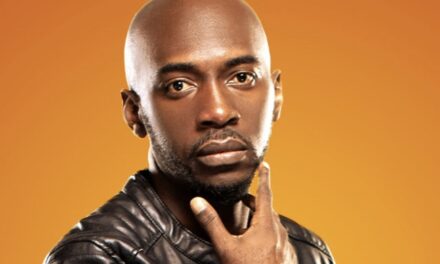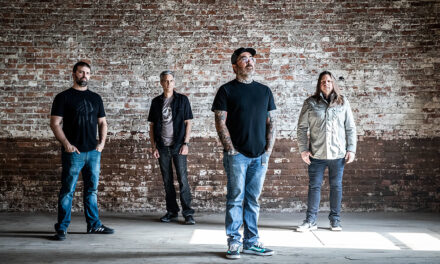Bradley Grant Smith’s Our Father ranks among the most lifeless, unfunny family drama-comedies of all-time.
Two sisters on very different paths through life lean on one another to grieve a recent loss and reconnect with a reclusive uncle in Bradley Grant Smith’s Our Father. It’s a simple film with small ambitions, but even those goals often prove too great for this quickly forgettable feature.
You wouldn’t know Beta (Baize Buzan) and Zelda (Allison Torem) were sisters unless they told you. One is working toward a new life in Connecticut, while the other is struggling to pay rent. The only trait they seem to share is an utter lack of concern for the world around them. They are each the lead character in a depressing story about life on this horrible planet where everything is meaningless, and no one cares for them the way they want.
Click here for more coverage of SXSW 2021.
After their father commits suicide, the sisters find purpose in searching for an uncle others believe may be dead. The journey they take to find him provides a perfect excuse to avoid the grief that awaits and allows each space to recollect on their lives.
Both Buzan and Torem bring their best to Our Father, but the script struggles to find a pace or tone that engages its audience. The film’s press materials promise a comedic odyssey, but the story is about as funny as a funeral and feels twice as long as its 96-minute runtime. Each sequence is an exercise in slow-burn anxiety, with awkward conversations and stiff dialogue, most of which leads nowhere.
But maybe that’s the point. Most attempts to outrun emotional conflicts in our lives lead nowhere. We can kick and scream and go on spontaneous adventures to find long-lost relatives, but the pain is going to wait for us. Perhaps Smith is trying to express that idea in Our Fathe. If so, then some level of success is found. I only wish that message were more explicit.
If it were released fifteen years ago, Our Father would probably be considered a sleeper hit amongst indie diehards that shun studio pictures and gripe about a lack of ‘realism’ in cinema. But here in 2021, when mental health and processing emotions are topics people discuss openly, the narrative feels strangely disconnected from reality. Beta and Zelda don’t need this adventure as much as they need one another. That is clear from the first moment you see them together, yet the film refuses to grapple with the pain they’re clearly experiencing until there is nothing left to do (which isn’t much in the first place).
There is probably a version of this story that captivates its audience while also telling a darkly humorous tale about our futile efforts to escape suffering, but Our Father is not it. At best, this is a rainy day film someone in mourning will see themselves in and, hopefully, seek help soon after.













